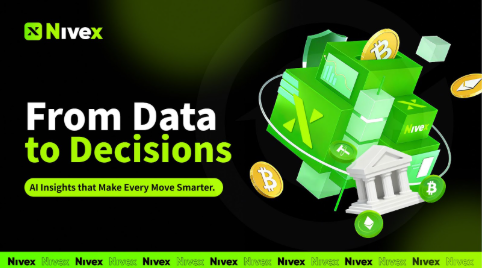Stablecoin Charter Dispute Highlights Oversight Shortcomings in Digital Banking
- ICBA opposes Sony Bank's U.S. trust charter bid, warning its stablecoin venture could bypass traditional banking safeguards and regulatory frameworks. - Critics argue Connectia's dollar-pegged stablecoins mimic deposits without CRA/FDIC compliance, creating an uneven playing field for insured banks. - Over 30 crypto firms including Coinbase seek similar charters, sparking regulatory debates about innovation risks versus financial stability. - JPMorgan upgrades stablecoin stocks while ICBA highlights OCC'
The Independent Community Bankers of America (ICBA), a prominent supporter of community banks, has intensified its resistance to
The ICBA’s objections focus on the risk that Connectia could replicate the functions of bank deposits without complying with the Community Reinvestment Act (CRA) or FDIC standards. Sony Bank’s submission, made in October, proposes the creation of a trust to issue stablecoins redeemable one-for-one with U.S. dollars, facilitate digital payments, and provide custody solutions.

The resistance to Sony mirrors a wider regulatory examination of crypto companies seeking federal charters. More than 30 organizations, such as Coinbase, Circle, and Ripple, have submitted similar applications since the GENIUS Act broadened access to the stablecoin market in July,
The OCC is now faced with a challenging choice. The ICBA
Meanwhile, analysts at JPMorgan have expressed optimism about stablecoin companies, upgrading Circle’s rating to “Overweight” and highlighting strong momentum in
This ongoing discussion highlights the broader challenge of how to define and oversee stablecoins, which exist at the intersection of traditional banking and decentralized finance. Supporters claim they deliver greater transparency and efficiency, while critics worry about potential systemic dangers if left unchecked. The OCC’s ruling on Sony’s application may set a benchmark for future crypto bank charters, shaping whether the U.S. adopts a more open or restrictive stance toward digital financial services.
Disclaimer: The content of this article solely reflects the author's opinion and does not represent the platform in any capacity. This article is not intended to serve as a reference for making investment decisions.
You may also like
Nearly 25% of Adults With Internet Access in Asia Might Own Crypto, Report Says

Nivex Is Becoming the Next Bridge for Intelligent Finance

Solar PLUS Forum 2025: Where Energy Innovation Meets Tokenization & Digital Infrastructure

BREAKING: Bitcoin Plunges Below $95,000 as Panic Selling Hits